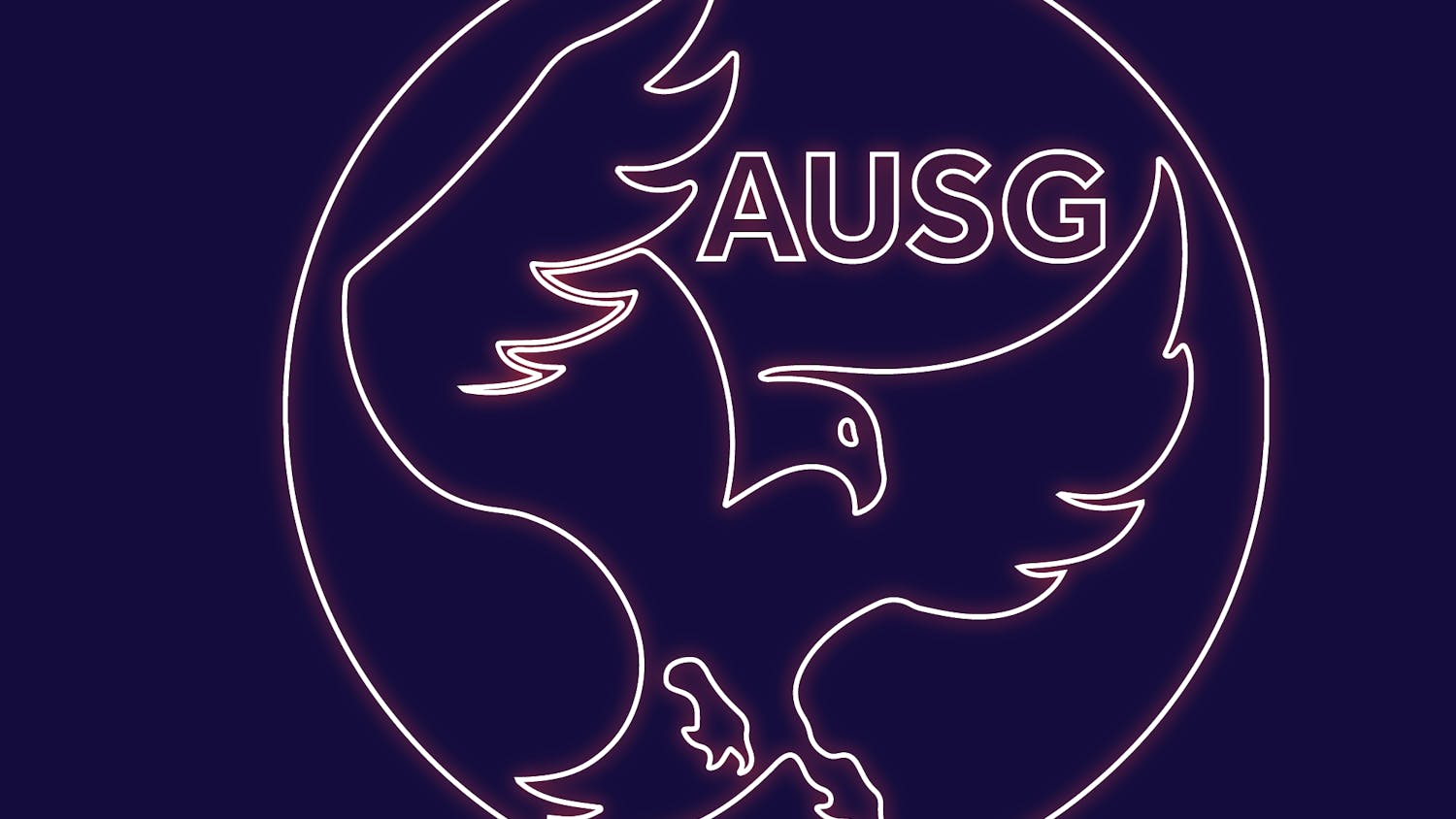When the Berlin Wall fell in 1989, School of International Service professor Mamuka G. Tsereteli said, "It was like dreams coming true." Two years later in 1991, his native country, Georgia, became independent of the Soviet Union.
Tsereteli was born and grew up in Georgia, which he describes as culturally sophisticated.
"[Georgia is] very non-Russian, anthropologically, linguistically and historically."
He attended college at the age of 16, where he obtained a degree in social and economic geography from the University of Tbsili in Georgia's capital city. From 1986 to 1989, he obtained his doctorate in economics at the Academy of Science of Russia in Moscow. Finally, in 1994 and at the age of 31, he came to the U.S. and worked as a consulate at the Georgian Embassy for four years until he began working with the America-George Business Council. He began teaching at AU 16 years ago.
Tsereteli goes to Georgia - where his parents still reside - every three to four months. Georgia is still in transition, but its citizens enjoy much more freedom than Russians, he said.
Georgians are well versed in American literature and have access to the latest American music and movies, he said. Tsereteli said he has followed the Boston Celtics basketball team in Georgia, too.
Over the summer, Georgia attempted to reclaim one of its semi-independent provinces, which promoted Russia to send in military tanks. Tsereteli said when this happened, he was not surprised about the attack itself since many people knew Russia does not want Georgia to be an independent state. However, the scale of the attack did shock him.
"If some people are smart in the Russian government, they shouldn't be happy about what they've done," he said. "They pushed Georgia out of their self-influence even farther and it will be very hard for them to now justify to Georgian leadership that they are the ones to keep close ties with."
Tsereteli said he believes that if the Russians continue to be unhappy about the outcome of their country's decisions, in a couple years they will actively seek a solution.
He said he sees Russia as a threat to American interests but is too limited militarily to pose a tangible threat. Although Russia has nuclear weaponry, they will most likely not use it against the United States because it would be self-destructive, according to Tsereteli.
"Russia has no capacity right now to be a direct threat to the United States," he said. "Russia has a capacity to be a threat to allied countries of the United States."
Although the Russia-Georgia conflict is an issue relevant to the world, Tsereteli recognizes that the United States faces several foreign policy issues - in Iraq, Afghanistan, Pakistan, China, the entire Middle East and the general worldwide economic crisis - and Russia probably does not fall within the nation's top priorities.
Tsereteli said he thinks President-elect Barack Obama's administration will probably not be adamant regarding negotiations with Russia because of the numerous foreign policy challenges it must contend with. However, he believes Obama is fully informed on the issue.
"I know a lot of people who are on Obama's foreign policy team," he said. "They understand perfectly what's going on in the region, with Georgia, with Russia, with Ukraine, with Poland, with Baltic states."
Tsereteli said he predicts the Obama administration will be consistent in its handling of the Russia-Georgia conflict, but not necessarily forceful.
He said he hopes AU students will recognize how many serious world-issues are rooted in Central Asian countries.
Tsereteli teaches classes on Russia and Central Eurasia, international economic policy and energy and security. He continues to work with the America-Georgia Business Council and resides in Maryland.
There will be a forum called "Georgia-Russia Roundtable" held today at 5 p.m. in MGC 4. The event is hosted by Sigma Iota Rho.
You can reach this writer at news@theeagleonline.com.




